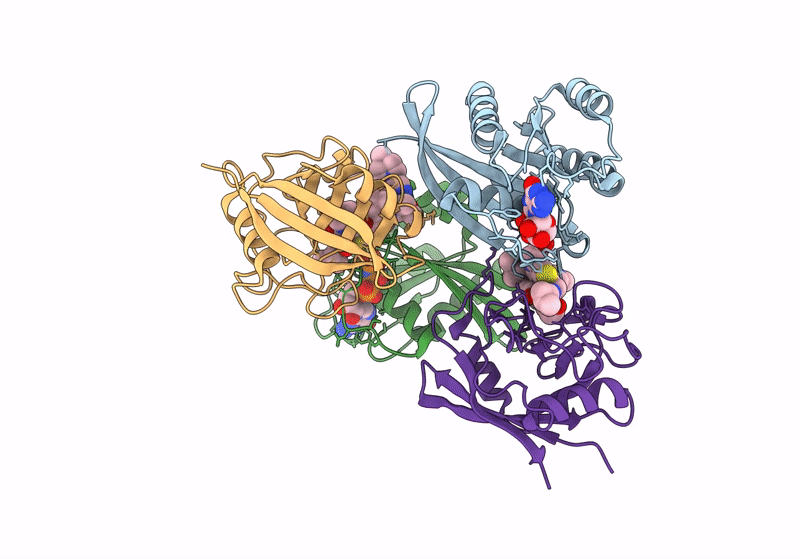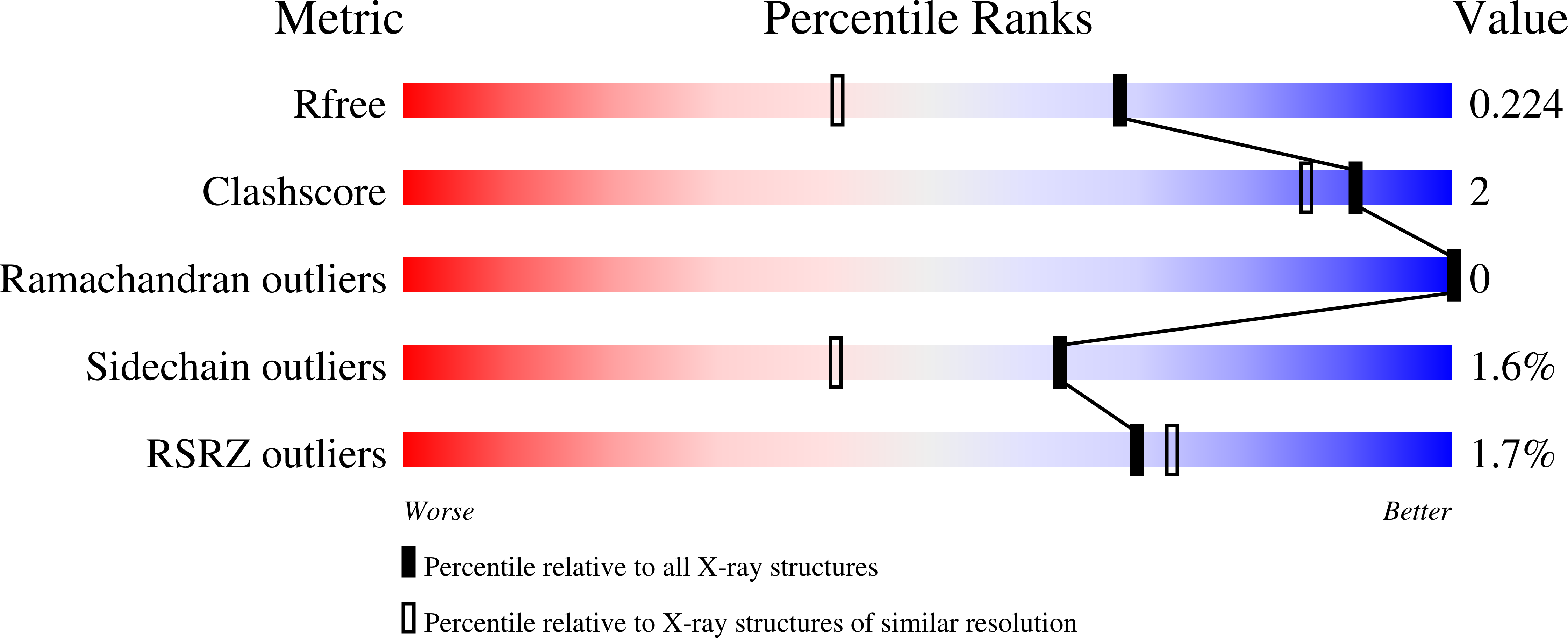
Deposition Date
2024-03-05
Release Date
2024-04-17
Last Version Date
2024-06-12
Entry Detail
PDB ID:
9AX6
Keywords:
Title:
Tricomplex of RMC-6236, KRAS G12D, and CypA
Biological Source:
Source Organism(s):
Homo sapiens (Taxon ID: 9606)
Expression System(s):
Method Details:
Experimental Method:
Resolution:
1.65 Å
R-Value Free:
0.22
R-Value Work:
0.18
R-Value Observed:
0.18
Space Group:
P 21 21 21


